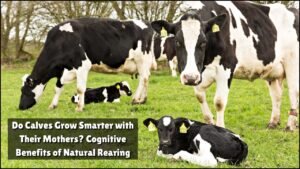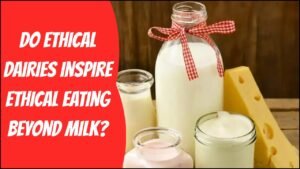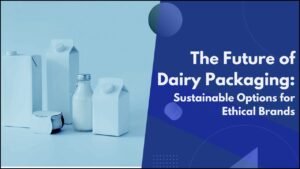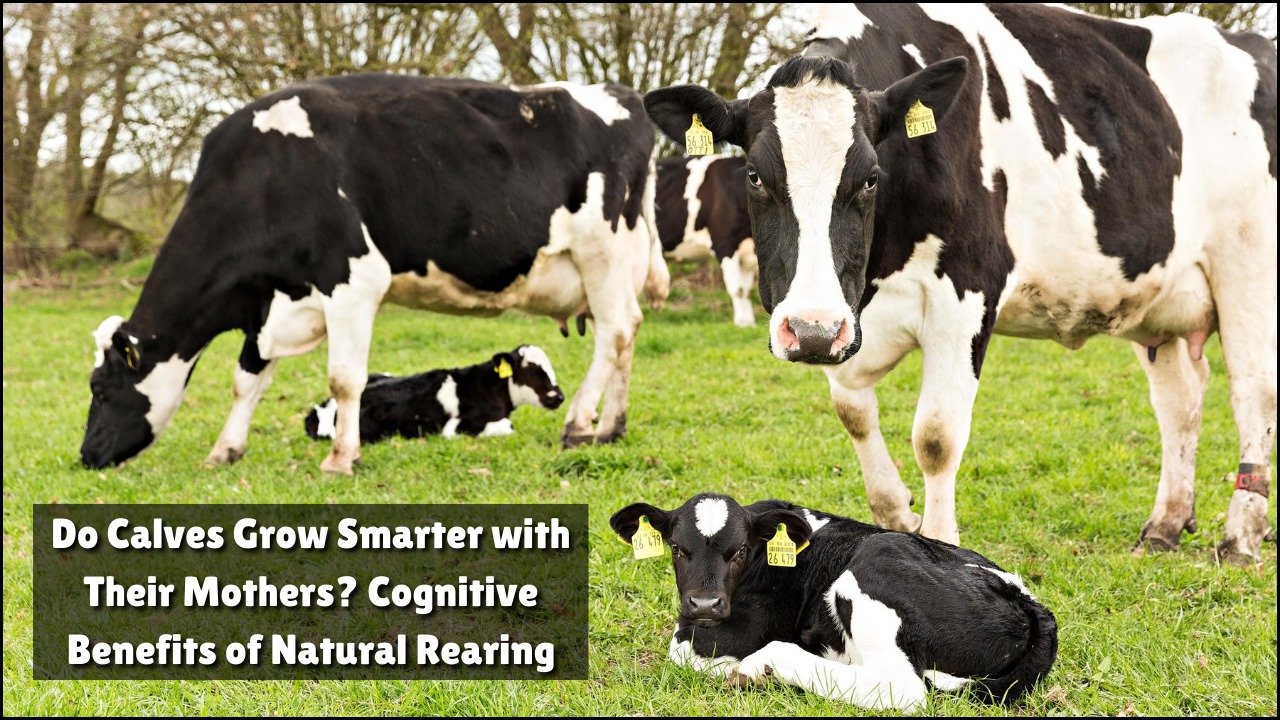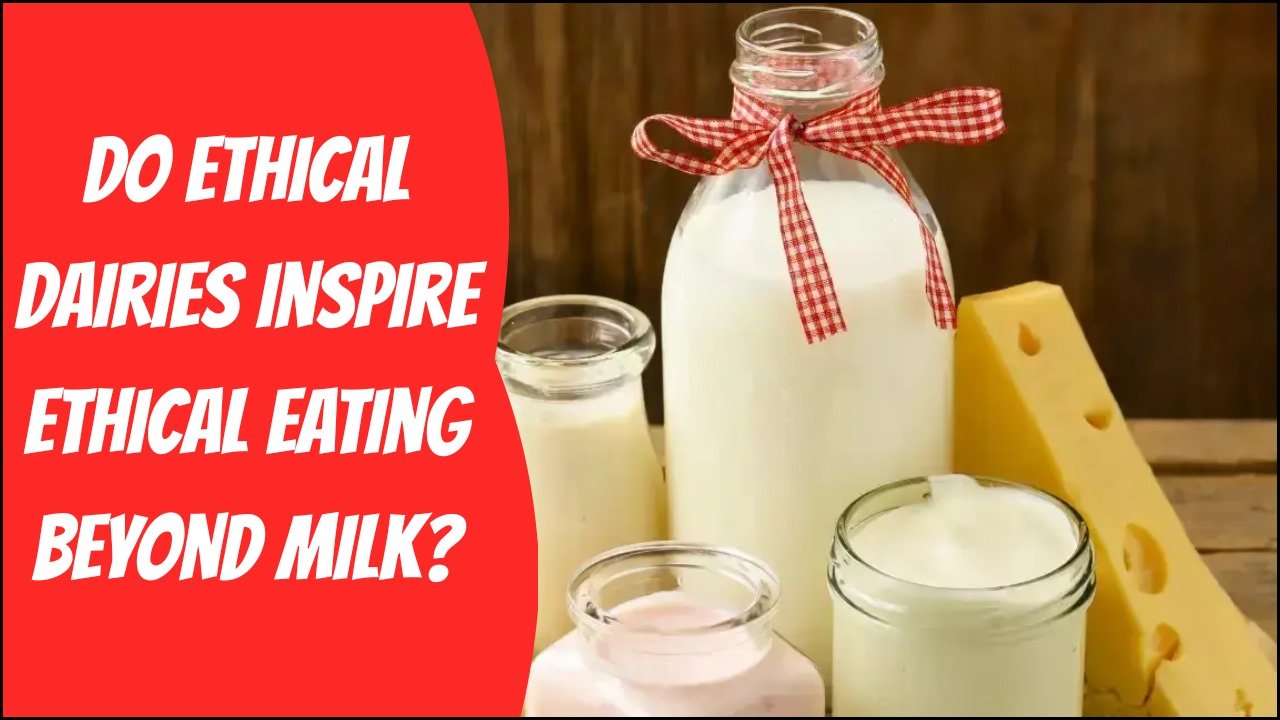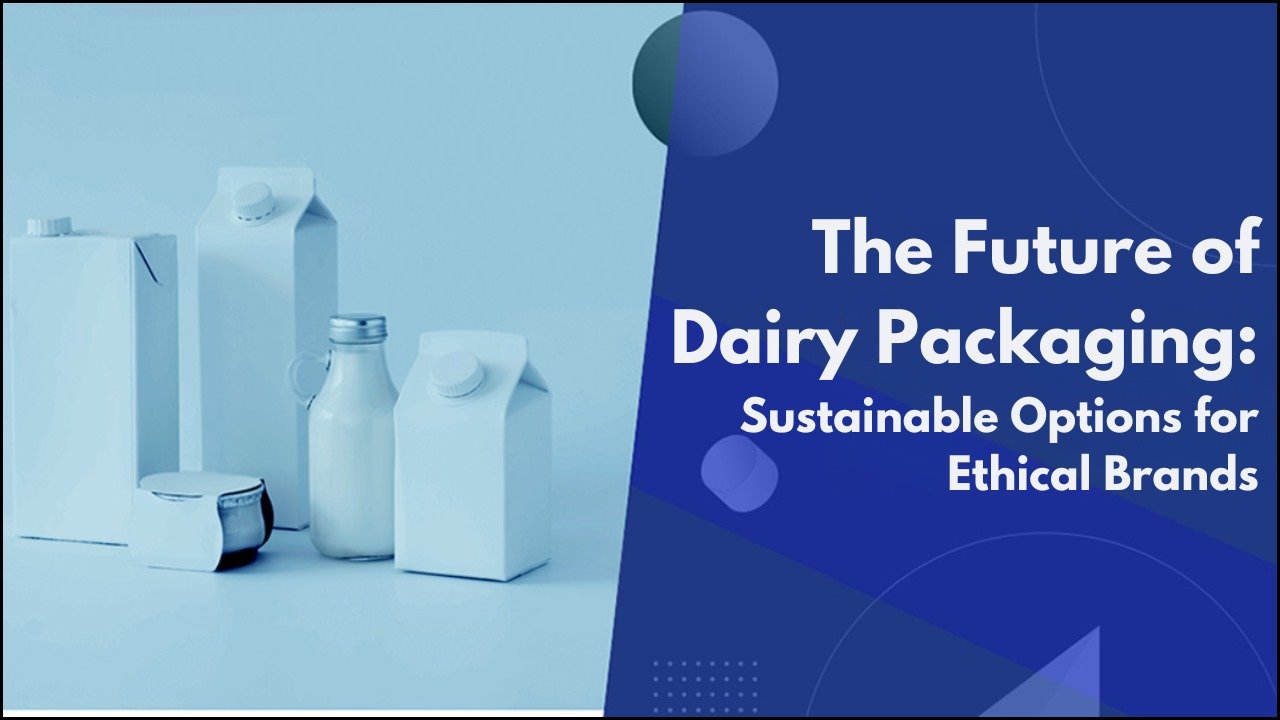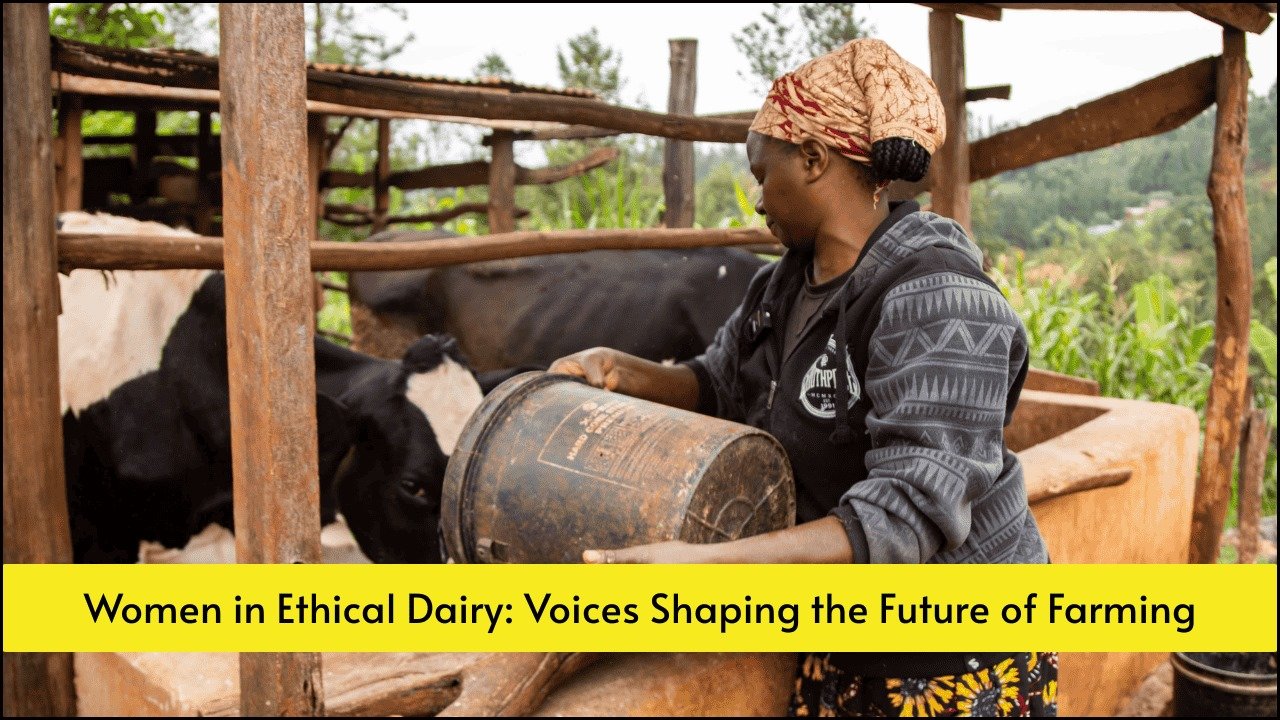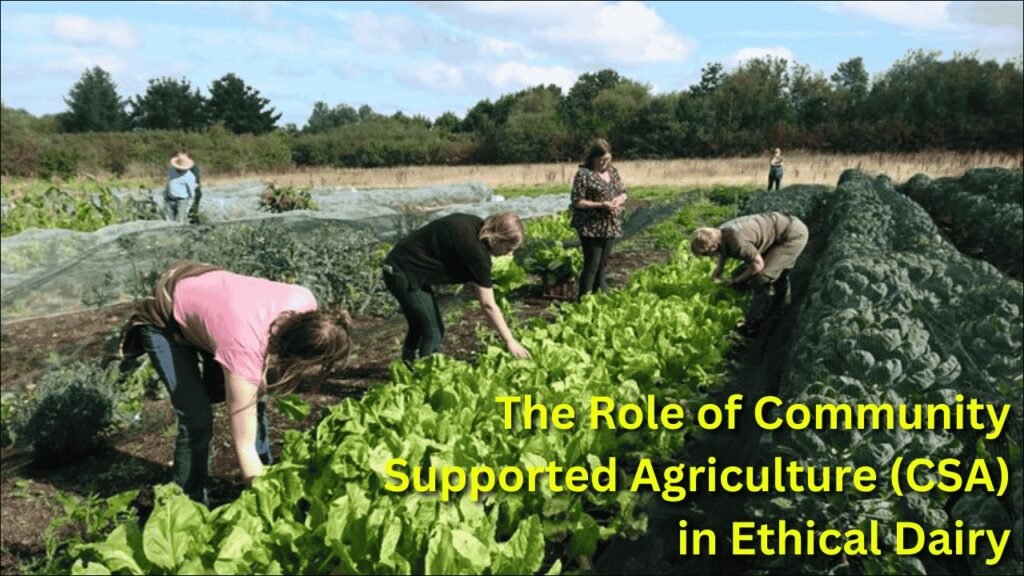
Community Supported Agriculture (CSA) has emerged as a lifeline for small-scale ethical dairy farms, offering a way to combine financial stability with strong animal welfare commitments. By connecting consumers directly with producers, CSA models bypass the volatility of wholesale markets and create a loyal base of supporters willing to pay for sustainable, high-quality dairy products.
Table of Contents
Understanding CSA in the Dairy Sector
CSA is a model where customers pay upfront or subscribe regularly to receive farm products over a season or year. While common in fruit and vegetable production, its application to dairy is growing as ethical farming practices become a selling point.
For ethical dairy farms—especially those using cow-with-calf systems or heritage breeds—production costs are often higher than conventional operations. CSA helps offset these costs by guaranteeing steady revenue, reducing the pressure to cut corners.
Overview
| Aspect | Benefit to Farmers | Benefit to Consumers | Challenges |
|---|---|---|---|
| Revenue Model | Predictable income from subscriptions | Regular supply of fresh dairy | Requires upfront payment commitment |
| Product Quality | Incentive to maintain high standards | Fresher, better-tasting products | Education on ethical pricing needed |
| Community Connection | Builds loyal customer base | Direct link to farm and farmer | Maintaining engagement |
| Sustainability | Supports animal welfare & eco-friendly practices | Aligns with ethical consumption values | Delivery logistics for perishable goods |
Why Ethical Dairy Fits CSA Perfectly
Ethical dairy farming focuses on the welfare of cows, environmental responsibility, and quality over quantity. Many ethical dairy farmers face price disadvantages when competing with mass-produced milk. CSA consumers, however, are not just buying milk—they are investing in a farming philosophy.
Subscribers tend to value:
- Animal welfare transparency – knowing calves are kept with mothers longer.
- Environmental stewardship – reduced use of synthetic inputs and better pasture management.
- Local economic impact – supporting small-scale, often family-run farms.
Benefits for Farmers
For dairy farmers committed to high-welfare systems, CSA offers several advantages:
- Financial Predictability – Subscription fees smooth out income over the year.
- Customer Loyalty – Long-term relationships reduce marketing costs.
- Direct Feedback – Farmers can adjust products based on subscriber preferences.
- Reduced Middlemen Costs – More profit per litre of milk.
Benefits for Consumers
CSA members often enjoy:
- Fresher products with better taste and nutritional quality.
- Transparency about farming methods.
- A stronger sense of connection to where their food comes from.
- Exclusive or limited products such as artisanal cheeses or yogurt.
Overcoming CSA Challenges in Dairy
While CSA offers promise, dairy presents unique hurdles:
- Refrigeration and storage – Milk is perishable, requiring investment in cold chain logistics.
- Delivery schedules – Customers may expect weekly or bi-weekly drops, requiring consistent production.
- Consumer education – Some may need convincing about why ethical dairy costs more.
Farms addressing these challenges often use flexible subscription plans, collaborate with other local producers to expand product offerings, and invest in efficient delivery routes.
CSA as a Tool for Scaling Ethical Dairy
For farms aiming to grow, CSA revenue can be reinvested into infrastructure—such as improved barns, milking equipment, or renewable energy systems. Moreover, loyal CSA members often become ambassadors for the farm, spreading word-of-mouth recommendations that expand the customer base without heavy marketing spend.
A Step Toward Sustainable Dairy Futures
The CSA model bridges the gap between ethical dairy farmers’ production realities and consumers’ desire for transparent, humane food systems. As awareness grows, CSA could play a pivotal role in keeping welfare-focused dairy farms financially viable while inspiring others to adopt more ethical practices.
FAQs
Q1: How does CSA make ethical dairy more affordable for farmers?
A = By guaranteeing a steady income through subscriptions, CSA helps cover higher production costs without depending on fluctuating market milk prices.
Q2: What products can be included in a dairy CSA subscription?
A = Milk, cream, butter, cheese, yogurt, and even specialty seasonal items like ice cream can be part of CSA offerings.
Q3: Is CSA dairy more expensive than supermarket milk?
A = Usually, yes—but the higher price reflects better animal welfare, sustainable farming, and direct support for local farmers rather than industrial supply chains.

